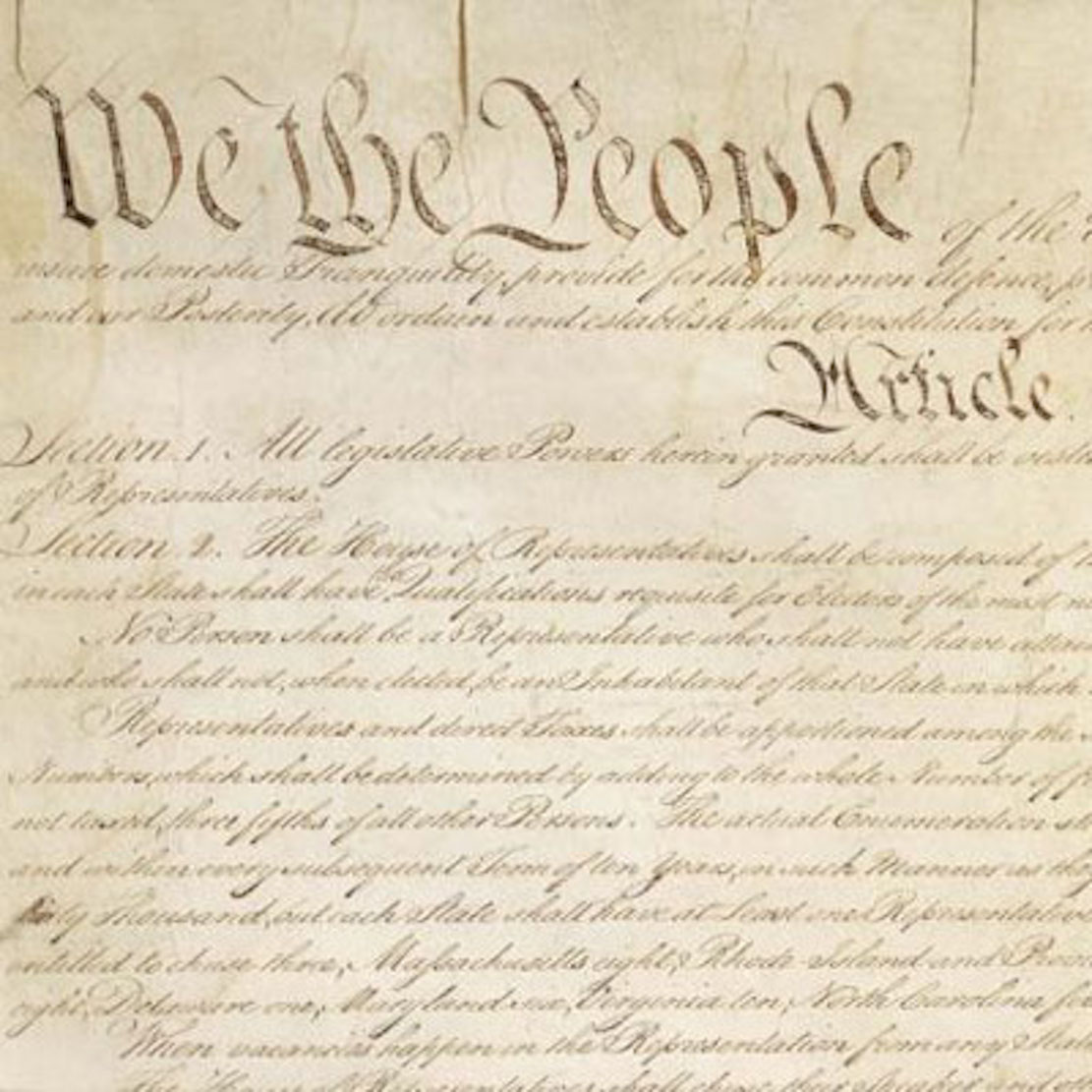by Elise Ellsworth
President Trump recently revoked Obama era federal guidelines instructing schools to let transgender students use bathrooms and other facilities which aligned with their gender identity. Many saw this revocation as an intentional snubbing of those in the LGBT community and their rights. But President Trump’s team made interesting comments accompanying the revocation – which seem to indicate that the President may be following the common conservative interest in reserving as much power and freedom as possible to the states.
The full text of Amendment Ten of the Constitution reads: “The Powers not delegated to the United States by the Constitution, nor prohibited by it to the States, are reserved to the States respectively, or to the people.” Modern conservatives have long been concerned by the increasing grasp of the federal government into state and local domain. Local boards and state legislatures have been silenced on many issues by an increasing array of federal government directives.
In his two-page letter to public schools, President Trump cites “due regard” of the role of states and local school districts in shaping education policy as a primary motivation behind his transgender bathroom policy. To quote the letter:
As President Trump has clearly stated, he believes policy regarding transgender bathrooms should be decided at the state level.
The joint decision made today by the Department of Justice and the Department of Education returning power to the states paves the way for an open and inclusive process to take place at the local level with input from parents, students, teachers and administrators.
Federal powers in the Constitution include powers of taxation, maintaining an army and navy, declaring war, coining money and regulating interstate commerce. Matters of education and family law were originally left to the states. However, since the signing of the Constitution, and especially in the last century, the federal government has become more and more involved in state and local matters.
President Trump seems to be using this recent letter not so much to indicate his feelings about LGBT rights, but rather to align his administration with the common conservative opinion that powers not specifically enumerated in the Constitution belong to the states and that many decisions about family and educational issues could and should be decided at the local (rather than federal) level.

